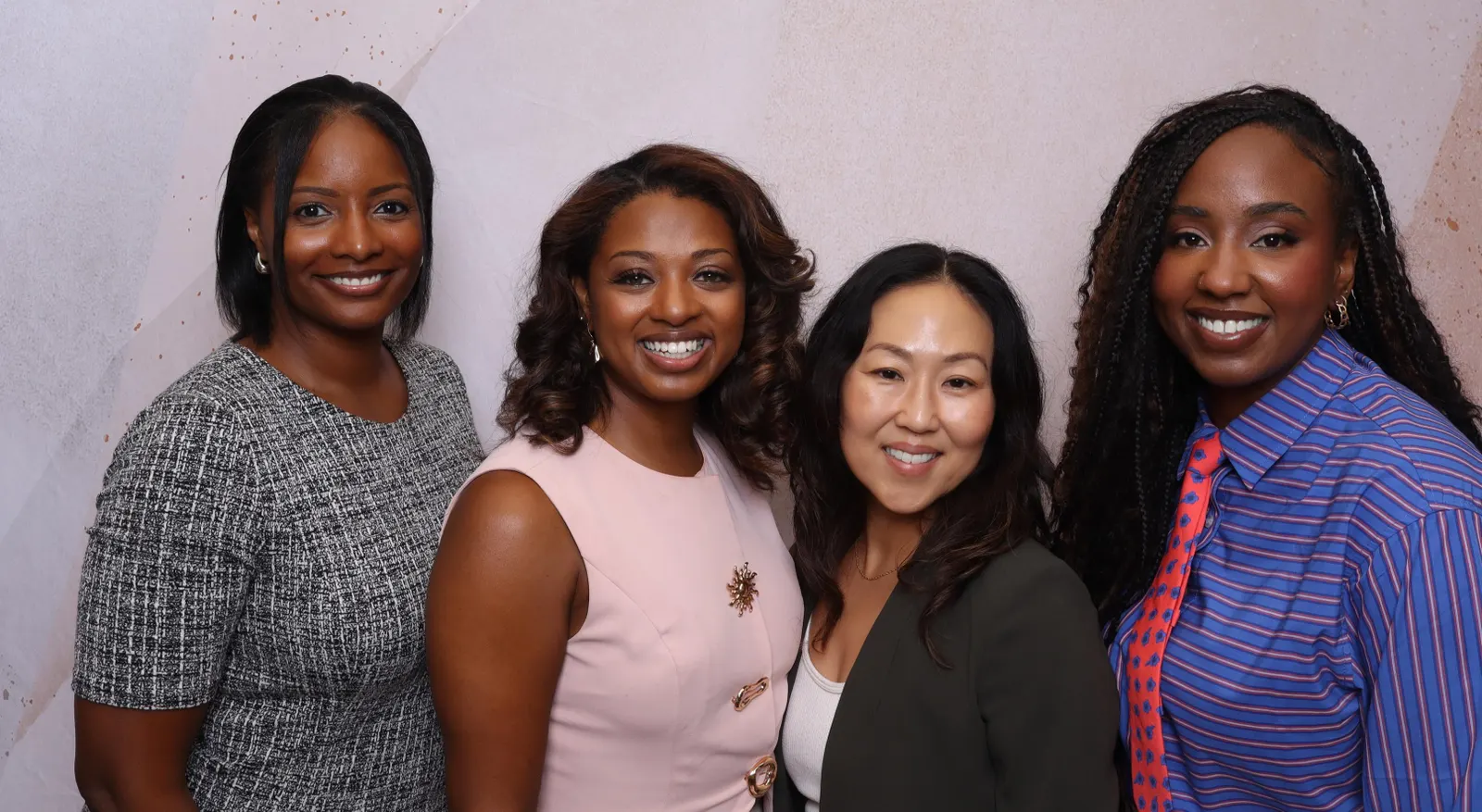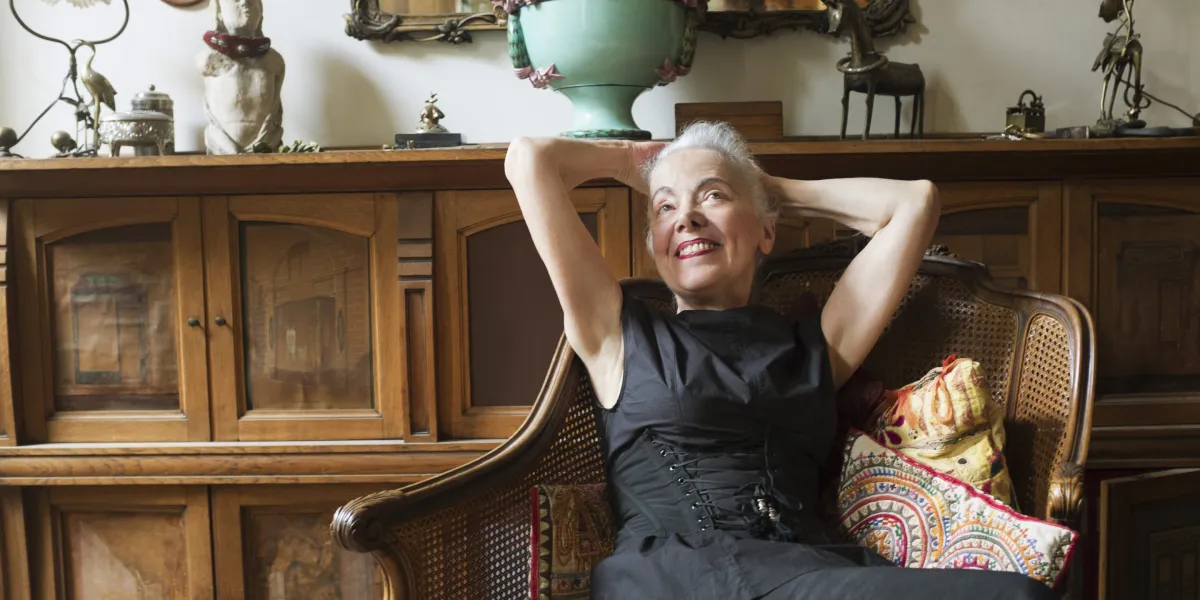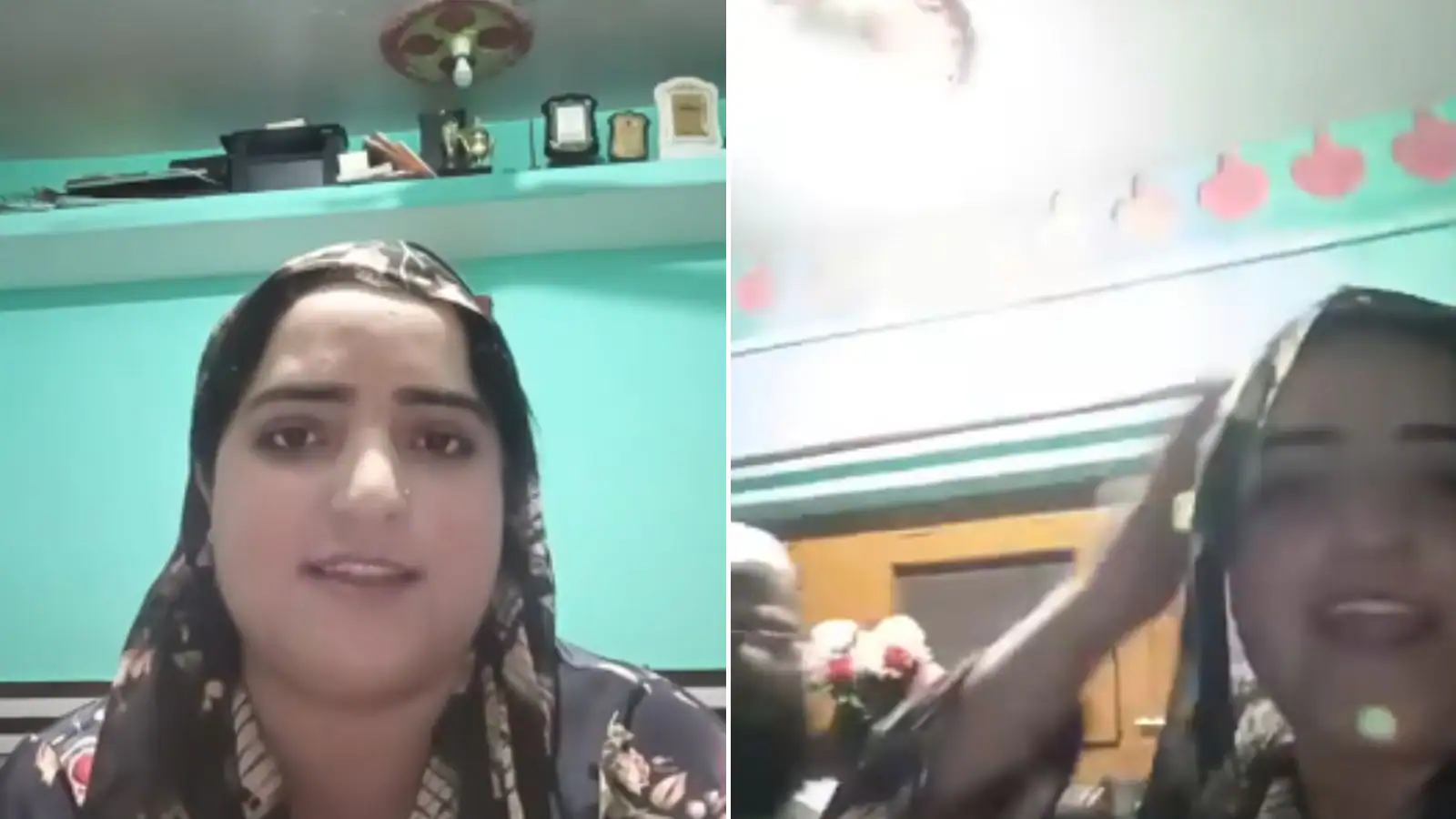By Contributor,Maia Niguel Hoskin
Copyright forbes

Co-founders of The Wild Seed Collective – Morgan Paden, Brittany Dacoff, Debbie Sheen, and Breanna Hawkins.
The Wild Seed Collective
Despite significant growth over the past six years among women-owned businesses, numbers in entrepreneurship continue to be highly dominated by individuals who identify as male. This is especially true for women of color and women from marginalized groups. Studies suggest that this is primarily caused by various factors, including a lack of access to capital due to systemic discrimination and biases. The Wild Seed Collective, a Los Angeles-based non-profit organization that offers grants, growth-focused workshops, and business development services tailored for women entrepreneurs, saw this need and have taken the call to action to heart by investing in early-stage women founders through grants and hosting community and networking events.
Women entrepreneurs have made significant strides in the U.S. According to Women Entrepreneurs Driving Economic Growth, between 2019 and 2024, the number of women-owned businesses grew by over 17%, and as of 2024, there were 14.5 million women-owned businesses in the U.S. The same report revealed that women-owned businesses generate $3.3 trillion in revenue – an almost 54% increase since 2018. This significant increase has led to a 20% rise in employment opportunities over the last five years, resulting in millions of new jobs across the country.
Women of color own approximately 47% to 50% of all women-owned businesses in the U.S., which accounts for almost 5 million businesses. More specifically, Black women account for a significant portion of these entrepreneurs. Although they represent a smaller percentage of the total U.S. population, Black women are the fastest-growing segment of new entrepreneurs, having started 42% of newly created women-owned businesses in the past five years and 17% of women-owned companies that are currently in the process of opening in the last year. Additionally, Black women-owned businesses experienced a revenue increase of over 100%, and their employer firms added 40% more employees in the previous six years. That said, Latina-owned companies have also experienced tremendous growth over the past six years, owning over 14% of all women-owned businesses, despite making up only 19% of the U.S. population.
Despite women-owned businesses becoming a crucial part of the economy, creating millions of jobs and contributing significantly to the nation’s output, they account for only 40% of all businesses in the U.S. More alarmingly, businesses owned by women of color only make up 6% of all U.S. businesses compared to almost 61% of companies owned by individuals who identify as male. According to the 2025 Impact of Women-Owned Businesses Report, matching the number of women-owned businesses with those of men-owned businesses could add over $10 trillion annually to the U.S. economy.
While some economists and activists for equity in women’s pay argue that there is much work that needs to be done in leveling the playing field for women entrepreneurs, the co-founders of The Wild Seed Collective, Morgan Paden, Breanna Hawkins, Debbie Sheen, and Brittany Dacoff, are optimistic about the rise in women entrepreneurs. However, they are also painfully aware of some of the social and structural barriers that persist and impact women of color specifically. Studies have found that limited access to mentorship, exclusionary networking opportunities, and navigating cultural barriers create additional and unique challenges for women of color business owners. All four women were entrepreneurs before founding The Wild Seed, and they share that they experienced similar obstacles, including a lack of support and community among other entrepreneurs.
MORE FOR YOU
“When Morgan, Debbie, Brianna, and I came together, we realized so many women founders were in that same position—brilliant ideas, unstoppable drive, but not enough resources or support,” explains Brittany Dacoff.
Co-founders of The Wild Seed Collective – Morgan Paden, Brittany Dacoff, Debbie Sheen, and Breanna Hawkins.
The Wild Seed Collective
In fact, their shared experiences were a central motivating factor in starting the organization. The co-founders wanted to “give women of color entrepreneurs the freedom that comes with unrestricted funding, the clarity that comes with branding and marketing support, and the confidence that comes from being surrounded by a collective that understands their journey,” says Brittany Dacoff. The women did not want other women entrepreneurs to have to “build alone.”
These shared experiences are also what the co-founders say sets The Wild Seed Collective apart from other grant funding organizations. Not only are they familiar with the current research on economic business trends that impact women, but they have also lived through them. After receiving their funding, they are redistributing those funds to women entrepreneurs in an impactful and intentional way.
“I remember us having conversations about how the existing resources for women-owned businesses didn’t meet our needs. We discussed providing capital and building the capacity of businesses, ensuring that the grant funding we had been given would be used effectively. Lots of these services in other agencies and organizations don’t touch the target demographic and population we wanted to serve because they’re not culturally relevant, equitable, and inclusive,” Debbie Sheen explains.
Speaking of market and business trends, less than 1% of venture capital dollars go to Black women-owned businesses. This staggering statistic that went viral after Emma Greede spoke to the need for increased access to funding for Black women entrepreneurs is what Breanna Hawkins says was also a driving force in founding The Wild Seed. She says the co-founders aimed to provide “capital, capacity, and community” to women entrepreneurs, particularly to Black women business owners who often face challenges in securing adequate funding.
“We wanted to help fill this gap, recognizing these enterprises as essential social impact ventures in our communities. Through The Wild Seed, our goal has been to rally behind these women with not just grants but a community of support—to affirm that they matter, they are needed, and they are vital to making our neighborhoods thrive,” shares Breanna Hawkins.
Morgan Paden also reflects on the significant impact that women-led businesses have on the community, which outpaces that of companies owned by men.
“When women build brick-and-morter businesses, they don’t just keep their success to themselves. Often, women-owned businesses have a ripple effect that positively impacts the health and well-being of the community and its people. We understood the positive impact that women entrepreneurs have on their communities and wanted to nurture it,” Morgan Paden says.
Morgan is right. Studies have found that not only do businesses led by women often generate higher revenues and create more jobs than those led by men, they also tend to have a more impactful presence in the community they serve.
According to experts, organizations like The Wild Seed Collective are needed. Many of the intersecting challenges that women of color face are rooted in race and gender and impede business development and the ability to secure necessary resources. Structural racism and discrimination result in difficulty securing loans and investments, with women of color entrepreneurs facing significantly higher rejection rates for funding and limited access to established professional networks and mentorship opportunities, which creates roadblocks to guidance and crucial connections for growth. Additionally, a general lack of representation in business and leadership positions reinforces systemic biases and limits opportunities for women of color.
The cumulative effect of these barriers restricts the ability to start, maintain, and grow businesses, limiting innovation and expansion. Many women of color entrepreneurs bootstrap their businesses, relying on personal funds and limited non-dilutive funding options to retain autonomy and control. In an effort to help bridge the gap and shape women entrepreneurs into what Breanna Hawkins refers to as “ecosystem builders,” The Wild Seed Collective has awarded over $120,000 in unrestricted grants to women-owned businesses since its founding in 2024.
“Grant money has gone directly into helping founders expand their work—from launching new product lines to scaling services and even landing major retail opportunities. But beyond the checks, we’ve seen the transformation that comes when women feel seen,” says Brittany Dacoff.
The Wild Seed Collective 2025 grantee workshop.
RASHIDA ZAGON
Women-owned businesses that were awarded grants during the organization’s first cohort of grantees include Bean Bar, SUPRMARKT, and Co-Odyssey. Many of the recipients commented that they gained more than funding — they gained access, community, and a voice – empowering them to enter business spaces they were once intimidated to attempt access. Although there are similar organizations to The Wild Seed, the co-founders take pride in setting themselves apart by meeting founders where they are and supporting them as whole people who may not only have funding needs but also benefit from networking and community support. Although the organization aims to empower and support all women entrepreneurs, it is also keenly aware of the specific and unique support that women of color need as business owners, which sets them apart from similar organizations.
“Other organizations have a broader goal of serving women-owned businesses, but because they’re not tailored to the unique needs of Black women and other women of color, the resources do not get accessed. Although The Wild Seed’s goal is to support all women-led businesses, we have unique experience and expertise in also supporting and addressing the needs of women of color entrepreneurs,” Debbie Sheen explains.
During its first year of operation, The Wild Seed also worked with individuals and families who were negatively impacted by the January 2025 wildfires in Altadena, CA. They distributed $ 40,000 in rapid response micro-grants to individuals and families and hosted FEMA and SBA clinics and legal workshops to connect founders with federal recovery resources. The co-founders also partnered with Umoja Food Collective, supported by the Latino Community Foundation and Community Partners, to provide mini-grants, capacity-building workshops, and long-term resilience planning.
The Wild Seed is currently building on its momentum and preparing to award over $70,000 in grants to its upcoming second cohort. They are also running a year-long program of workshops and retreats for women entrepreneurs. The co-founders shared that they are also expanding partnerships to ensure that their grantees have access to additional resources, including legal support, financial literacy, and creative services. Over the next few years, the four founders plan to scale their disaster recovery model in preparation for future crises and produce a docuseries to highlight the journeys of their grantees, inspiring and reaching audiences far beyond their immediate communities. Ultimately, the women of The Wild Seed envision the organization becoming a blueprint for investing in women entrepreneurs with care, creativity, and community at its center.
“The legacy of The Wild Seed is rooted in the power of community and collaboration,” Morgan Paden reflects. “We built this organization by bridging our unique specialities and bringing them to a shared table to radically change and improve the experiences of early-stage women entrepreneurs through a model that will go on to be replicated by others who share our passion, vision, and care in lifting women entrepreneurs.”
Editorial StandardsReprints & Permissions



